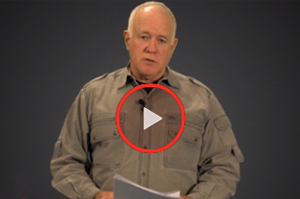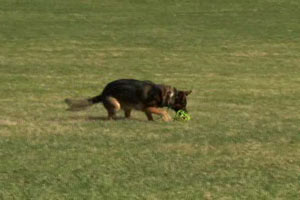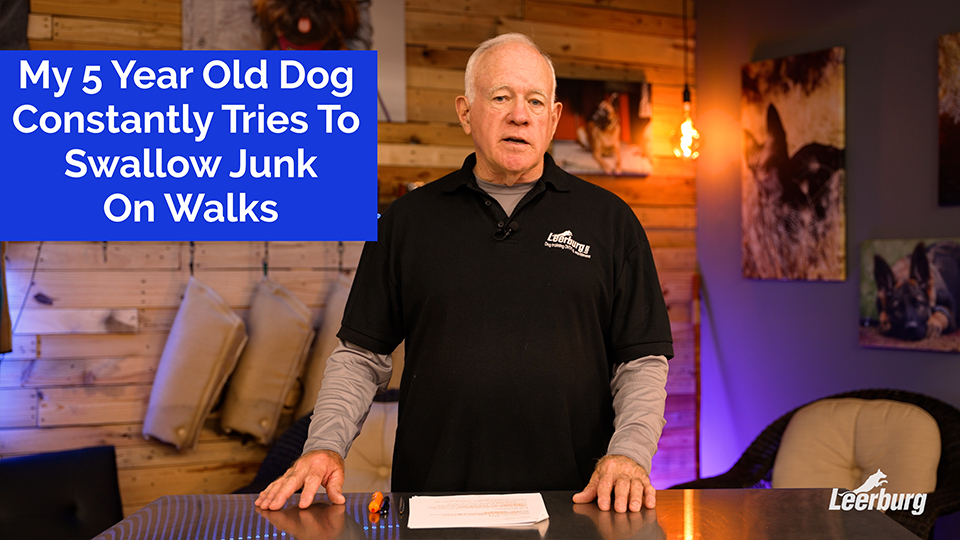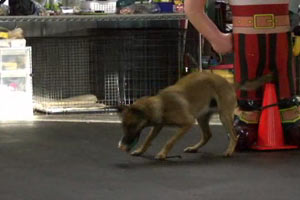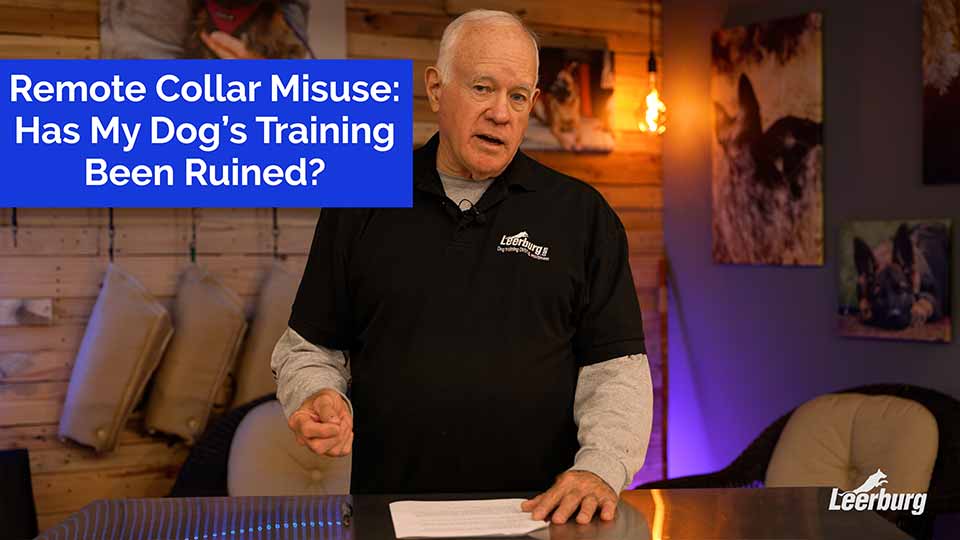Having Some Fun with Position Changes
Exploring the use of 'Incompatible Behaviors' and 'Direct Terminal Response' as fun and creative concepts in our training, both for 'everyday' and sport dogs. These concepts aren't new; they've been handed down to us through the generations of dog training. More and more trainers are prioritizing their use in training, both to build functional behaviors that allow us to navigate day to day life and sport work, and to develop a stable, cooperative working mentality in our dogs.
'Incompatible Behaviors' are those that compete with (incompatible with) another behavior. Common use is to build a lot of value for a preferred behavior that will then compete with the performance of a less desirable behavior. Example: a dog that loves a down stay may be less likely to pursue a person riding a bike on the street. Of course, this is a simple example, and the training of this incompatible behavior to compete against a problem behavior that's been rehearsed for a long time takes much intention and care to create.
'Terminal Response' refers to the dog's expectations for the completion or end of a behavior or particular exercise. Example: in a recall, some might want their dog to assume a sit-stay in front of the handler while others may only ask that the dog 'informally' join up. To each their own.
We'll explore these two concepts as they could apply to a position change exercise in obedience training. The following are clips taken from a training session Forrest facilitated with Elzer, using backward movement to compete with a dog's desire to 'creep' forward during changes (incompatible) as well as using an expectation of a "Rear" Terminal Response to build value for releasing backwards to complete the exercise (also incompatible with moving forward).



